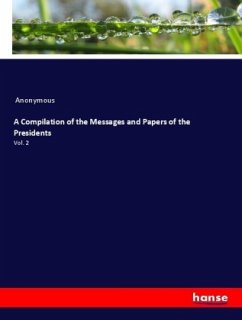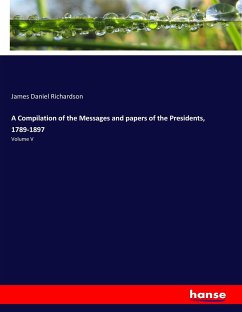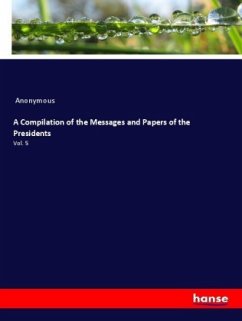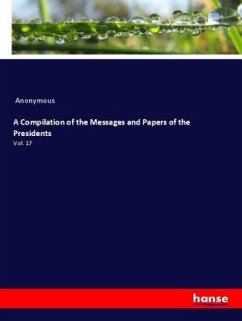The inefficient services, low productivity and mounting financial debts of the Sudan Gezira Irrigation scheme have led to the Sudan Government to initiate a reform process of the scheme. The book discusses the impacts of the participatory training and extension on farmers' irrigation water management in Gezira Scheme on knowledge, attitude and practice of the local farmers in terms of strengthening of Water User Associations(WUAs), improving productivity and water use efficiency. The book concludes that a significant majority of farmers perceive that they have no difficulties with irrigation management, per se. But the primary issue for the farmers in the Gezira Scheme is effectiveness (that is production), not efficiency. And, in the case of Gezira Scheme, an effective water supply depends on, in addition to the skill of the farmers and attitudinal change to manage water on their fields effectively and efficiently, the physical capability and the management of the system, which implies institutional, Social and Political Constraints.








